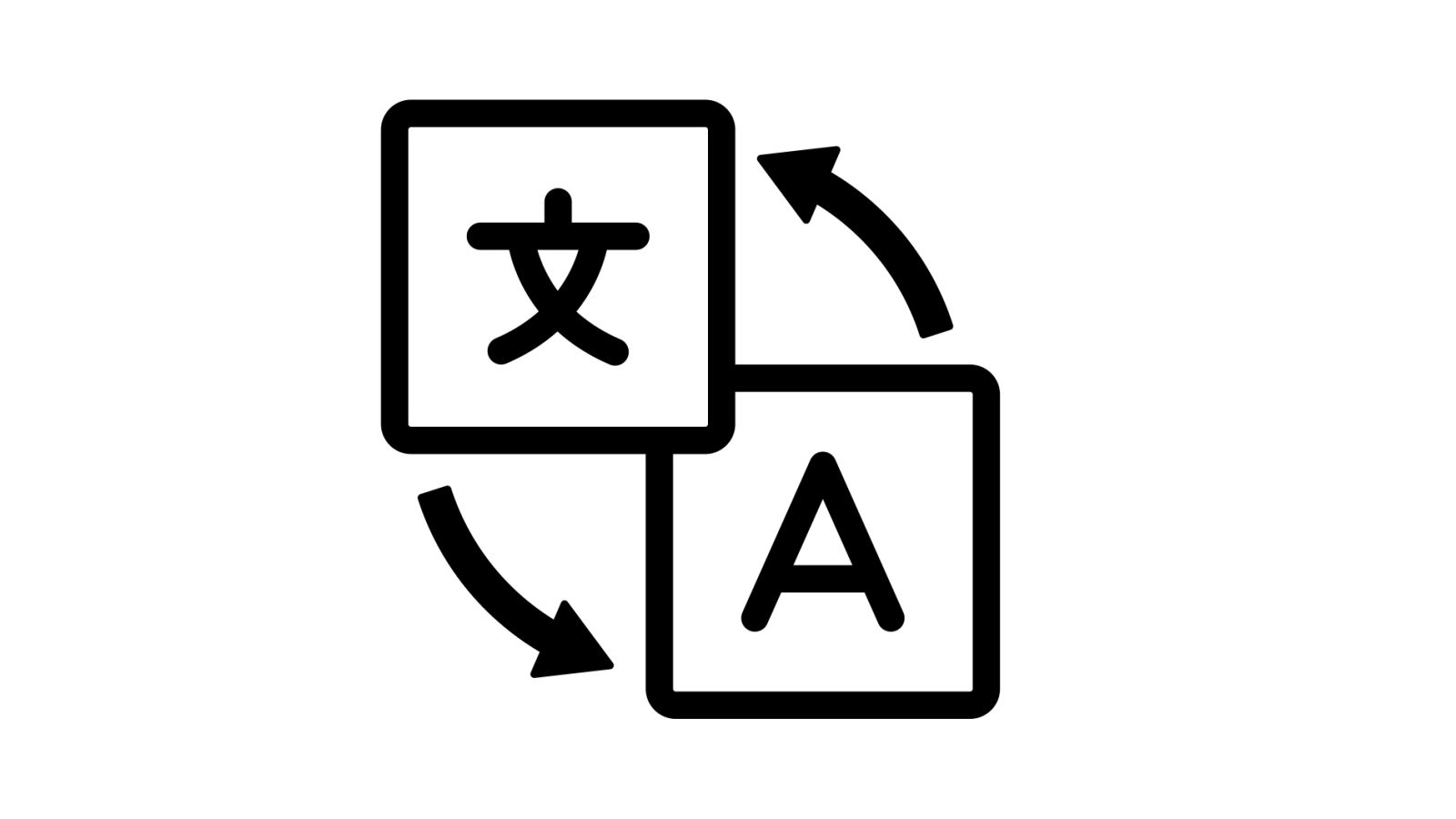Any Proof from the Qurʾān for Wiping Over Footwear (as part of Wūḍūʿ)?
Shaykh Mūsá Richardson


It has been said that the recitation of “wa arjulikum” refers specifically to wiping over them (the feet), but that is only when they are covered by socks. We take this specification from the Messenger of Allāh (may Allāh raise his rank and grant him peace), since it has not been authentically reported that he ever wiped over his feet without wearing socks. Thus, he showed by his example when the foot is to be washed and when it is to be wiped over. This is (a) good (understanding)…
“O you who believe! When you stand for prayer, then wash your faces and your hands up to the elbows, and wipe over your heads, and (…) your feet to the ankles…” (al-Maʾidah:6)
Linguistically, “and (…) your feet…” could mean “and (wipe over) your feet,”(*) or it could also mean, “and (wash) your feet”, depending on how the word in this place is read in Arabic.
[1] If it is read: “wa arjulikum” then it is majroor and thus is adjoined to “wamsahoo biru’oosikum…” and means: “and (wipe over) your feet”.(*) This is the recitition of most of the imāms.
(*) Meaning: And wipe over your feet when you are wearing footwear, as explained by the Sunnah.
[2] And if it is read: “wa arjulakum” then it is mansoob and thus adjoined to what is mentioned first in the āyah: “faghsiloo wujoohakum…” and means: “and (wash) your feet”. This is the recitition of: Naafi’, Ibn ‘ʿĀmir, Hafs, and others.
When mentioning this difference between the two recitations, Ibn al-Jazaree [d.833] said, “They have both been clarified by the Prophet (ṣallallāhu ʿalayhi wa-sallam), he made the (recitation mentioning) the wiping for the one wearing footwear, and the (recitation mentioning) the washing for everyone else.” [an-Nashr fil-Qiraa’aat al-‘Ashar 1/34-35, Daar as-Ṣaḥābah](*)
This is one of the things that shows how beautiful and rich in meaning Allāh’s Book is, that one āyah can carry more than one distinct, intended meaning, each having an important impact in our lives!
And if you don’t know the difference between majroor and mansoob, and thus missed the whole point about the difference between the two receitations, then let this be an encouragement for you to put more effort into learning Arabic, as it will allow you to understand Allāh’s Speech and how you are to implement it. May Allāh grant you success.
(*) This might be a good book for anyone who wants to find the answer to a question in another similar thread…
I would like to add that a number of scholars (not all of them!) have mentioned this specific understanding, that this āyah, with the majroor recitation “wa arjulikum” “and (wipe over) your feet”, refers to the one who is wearing footwear (khuffs)… from the scholars of tafsīr:
Ibn Kathīr
al-Baghawī
Ibn al-ʿArabī al-Mālikī
al-Shinqītī
Other scholars also mentioned and/or held this position:
al-Jazaree (as mentioned)
al-Shāfiʿī
Ibn Rushd
Ibn Taymīyyah
Ibn ʿUthaymīn
al-Albānī
Others explained the āyah with its two different recitations in other ways, like:
[1] You do “mas-h” (wiping) over the bare feet sometimes, and ghusl other times (incorrect based upon the Sunnah);
[2] You do “mas-h” over the bare feet, but the “mas-h” means the same as ghusl (washing) actually;
[3] You do “mas-h” over the bare feet, but the “mas-h” means a light ghusl (“ghusl khafīf”), which still includes washing the entire foot;
[4] The two recitations really carry the same meaning (that the feet are to be washed in all cases) and “arjulikm” is only made majroor because of a style called “al-jiwaar” as al-akh Yusef mentioned, jazaahullāhu khayran.
As for what has preceded, the position that the two recitations establish two different meanings, one for the one with bare feet, that he washes, and the other for the one wearing footwear that he wipes over it, is a clean way to understand the two, a way in accordance with the Sunnah.
Shaykh al-Islām Ibn Taymīyyah, ascribed this position to Imām al-Shāfiʿī, and then said, “And Abū al-ʿAbbās (himself) is inclined towards it as well… that the āyah when read with nasb (“arjulakum”) is about washing the feet, and when read with khafdh (“arjulikum”) is about wiping over the footwear, and thus the two recitations are like two (different) aayats.” [al-Akhbaar al-‘Ilmiyyah min Alikhtiyaaraat al-Fiqhiyyah, p.23]
al-‘Allāmah Ibn ʿUthaymīn stated, “Wiping over the footwear is permissible based on the Book, the Sunnah, and Concensus. As for the Book, then it is His Statement, “Then wipe over your heads and your feet to the ankles,” when read with jarr (“arjulikum”).” [ash-sharḥ al-mumti’ 1/223]
al-‘Allāmah al-Albānī said, “According to the recitation of khafdh (“arjulikum”), it is explained by the Sunnah, and the meaning is: wiping over the footwear. [Ath-Thamar al-Mustataab, 1/13]
This thread was referred to in the translation of Dr. Aḥmad Bāzmūl’s class on Manhaj as-Saalikeen, when the shaykh mentioned this benefit from the āyah, in the section on “Wiping Over the Footwear”. It was the most recent class.
Imām al-Qurṭabī said in his Tafsīr (7/345 of the Risālah printing):
“…It has been said that the recitation of “wa arjulikum” refers specifically to wiping over them (the feet), but that is only when they are covered by socks. We take this specification from the Messenger of Allāh (may Allāh raise his rank and grant him peace), since it has not been authentically reported that he ever wiped over his feet without wearing socks. Thus, he showed by his example when the foot is to be washed and when it is to be wiped over. This is (a) good (understanding)…”
And Allāh knows best.
Originally from: http://www.salafitalk.net/st/viewmessages.cfm?Forum=10&Topic=4993

















